
When an accident happens, there’s a lot going on — confusion, stress, maybe even injuries. Amid all the chaos, one document can quietly become one of the most powerful pieces of evidence in a personal injury claim: the police report.
A police report may seem like just another piece of paperwork, but it can play a huge role in helping you get fair compensation for your injuries. Whether it's a car accident, a slip and fall, or some other type of injury, this document helps tell the story of what happened — and who may be at fault.
In this article, we’ll explore why police reports matter so much, what information they contain, and how they can be used effectively in your personal injury case.
What Is a Police Report?A police report is an official record written by a law enforcement officer who responds to the scene of an incident. It typically includes observations, witness statements, and initial findings about what happened.
This report becomes an unbiased third-party account of the accident — which can be very useful in legal and insurance discussions.
Key Details Found in a Police ReportMost police reports contain the following:
- Date, time, and location of the accident - Names and contact information for all parties involved - Statements from drivers, victims, or witnesses - A description of the scene (road conditions, lighting, traffic, etc.) - Diagrams or sketches of how the incident occurred - Any visible injuries noted by the officer - Officer's opinion on who may be at fault - Citations or tickets issued at the scene
This kind of detailed information provides a helpful overview when filing a personal injury claim.
When you file a claim with an insurance company, or take legal action against someone, you need proof — proof that the incident happened, proof that someone else was at fault, and proof that you were hurt.
A police report helps establish all three. Here’s how:
1. It proves that the accident occurred. 2. It provides an independent opinion from law enforcement. 3. It records evidence before memories fade. 4. It strengthens your credibility.
Insurance adjusters and courts often rely on police reports to determine what happened, especially in car accidents.
Let’s say Raj is hit from behind while stopped at a traffic light. He calls the police, and the officer writes a report saying the other driver was speeding and failed to brake in time.
When Raj files an insurance claim, the adjuster sees that the police report backs up his story. This gives Raj a much stronger chance of receiving compensation.
Now imagine Raj didn’t call the police. It’s just his word against the other driver’s. That kind of “he said, she said” situation is harder to prove.
When Police Reports Are Not AvailableSometimes, police reports aren’t made. Maybe the police weren’t called, or they didn’t file a report for a minor incident. That doesn’t mean you have no case, but it does make things a little tougher.
In such cases, you’ll need to rely on:
- Eyewitness accounts - Photos and videos - Medical records - Expert testimony - Your own written statement made shortly after the incident
Still, if you can get a police report, it's always better to have it than not.
Can Police Reports Determine Fault?Police officers often include their opinion about who caused the accident. While that opinion is useful, it’s not the final word.
Insurance companies and courts can agree or disagree with the officer’s view, but it still holds weight — especially if backed by facts and witness statements.
For example, if the report says one driver ran a red light, and the diagram shows that clearly, it strengthens the injured person's case.
How to Get a Copy of the Police ReportAfter the accident, ask the responding officer for the report number or how to obtain it. Most reports can be requested from the local police department, either online or in person. Some departments may charge a small fee.
Make sure you get the full version of the report — not just a summary. Give a copy to your insurance company and your personal injury lawyer.
What If the Report Contains Errors?Police officers are human, and mistakes can happen. Maybe your name is spelled wrong, or the location is off. Sometimes, more serious errors occur, like the officer misunderstanding how the accident happened.
If you find an error, you can:
- Contact the department and request a correction (bring proof if possible). - Add a supplemental statement explaining your version of events. - Have your attorney point out the mistakes when building your case.
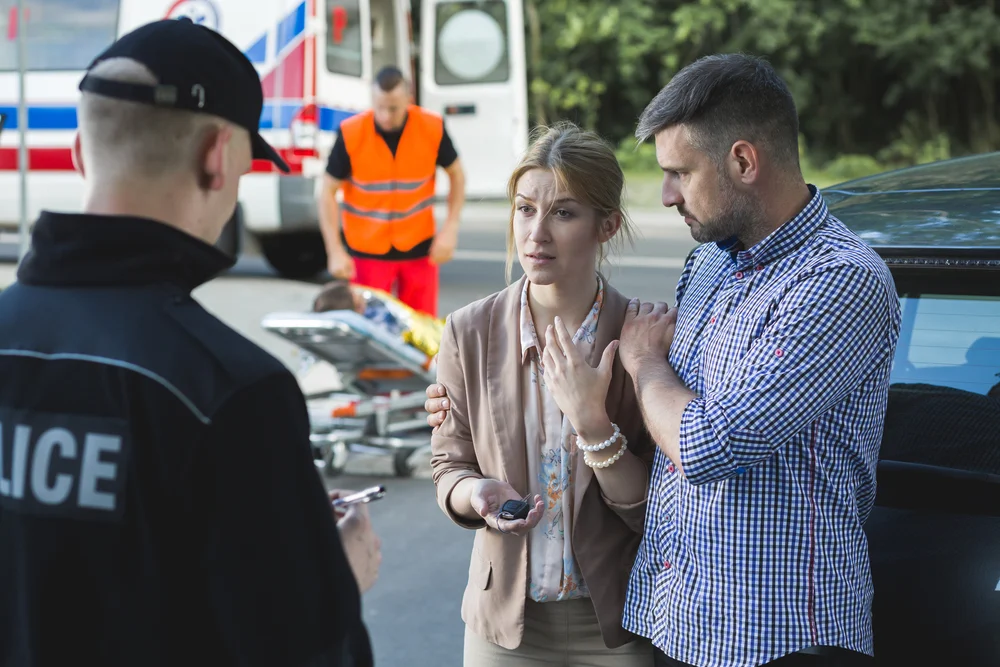
Even if the report can’t be changed, your lawyer can explain to the insurance company why it may be inaccurate.
Tips for Making the Most of a Police Report1. Always call the police if you're injured or your vehicle is damaged. 2. Give clear, accurate statements — don’t guess or speculate. 3. Be honest, but avoid admitting fault at the scene. 4. Ask for witness contact information to support your version of events. 5. Take photos and notes yourself, just in case.
The more evidence that supports your side, the stronger your case.
Slip and Fall Cases: Can You Still Get a Report?Police reports are common in traffic accidents, but what about falls at a store or public place? In those cases, you might not get a police report, but you can ask for an “incident report” from the property owner or manager.
This internal document often serves a similar purpose:
- It records what happened and when - It includes staff statements or surveillance footage references - It documents your injury
Make sure to request a copy of this report. Some businesses may be hesitant, but if you hire a lawyer, they can obtain it for you.
How Lawyers Use Police ReportsPersonal injury attorneys love police reports because they provide a foundation for the case. A good lawyer will:
- Use the report to identify key facts and witnesses - Compare it with medical records to show causation - Challenge any discrepancies that hurt your case - Submit it as part of your claim package to insurers
A well-documented report can even lead to faster settlements — especially when fault is clearly established.
ConclusionPolice reports may not seem like a big deal in the moment, but they are incredibly important in personal injury cases. They offer a third-party view, help establish fault, and preserve crucial facts that may fade over time.
If you're ever involved in an accident, don’t skip this step. Call the police, get the report, and keep a copy safe. It may just be the key that unlocks the compensation you deserve.
And if you're unsure how to use a report in your injury claim, a personal injury lawyer can help make sense of it — and turn it into a powerful tool for justice.
Subscribe to our newsletter and never miss an update.
Get the latest posts delivered straight to your inbox.

Senior Contributor
Ravi Raj is passionate about impactful storytelling. With a unique voice and deep insights, they turn everyday stories into compelling reads that resonate and inform.
Read Full Bio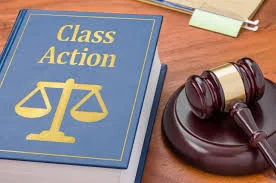
By Ravi Raj
20 Dec 2025

By Ravi Raj
26 Dec 2025
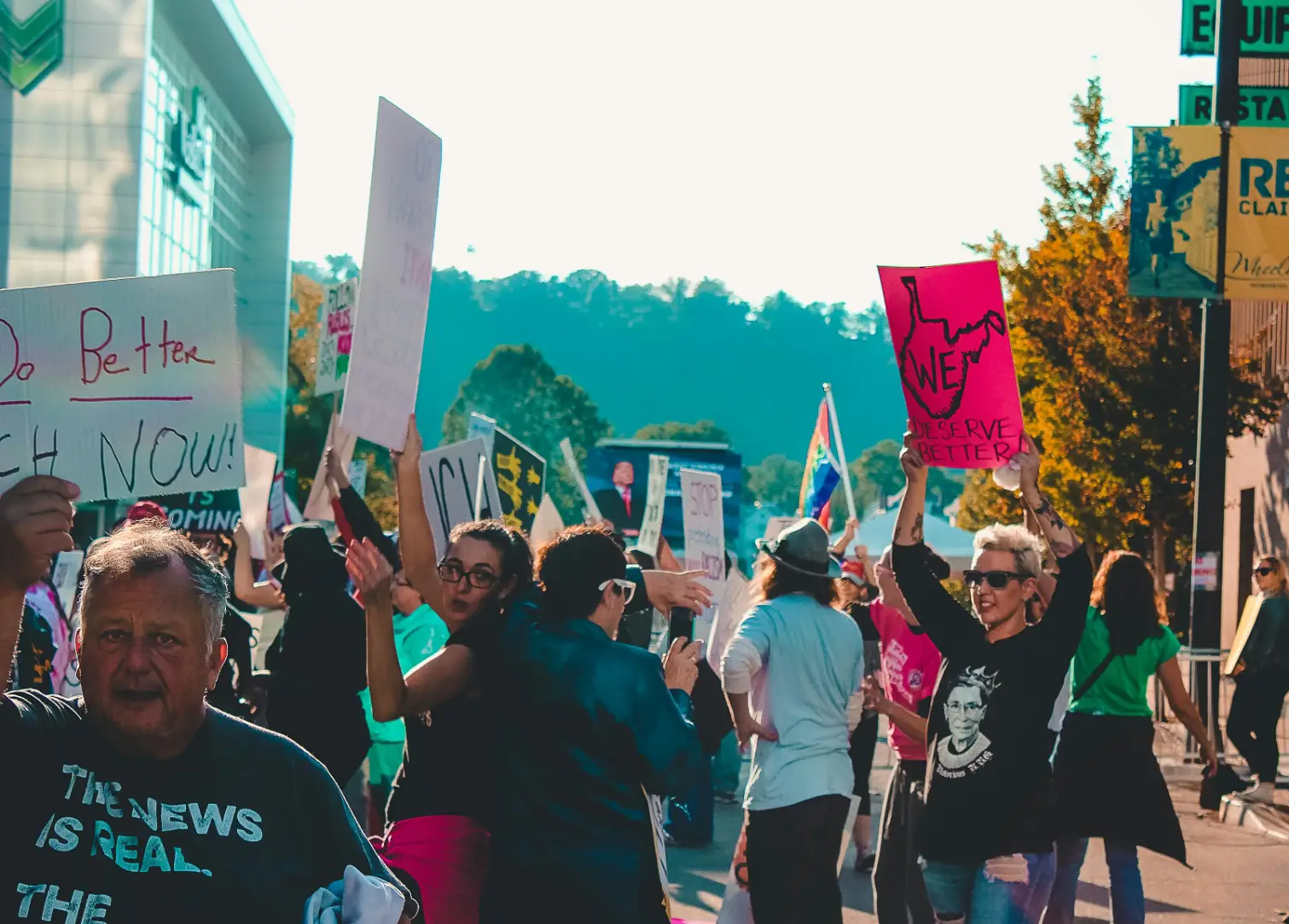
By Ravi Raj
02 Jan 2026
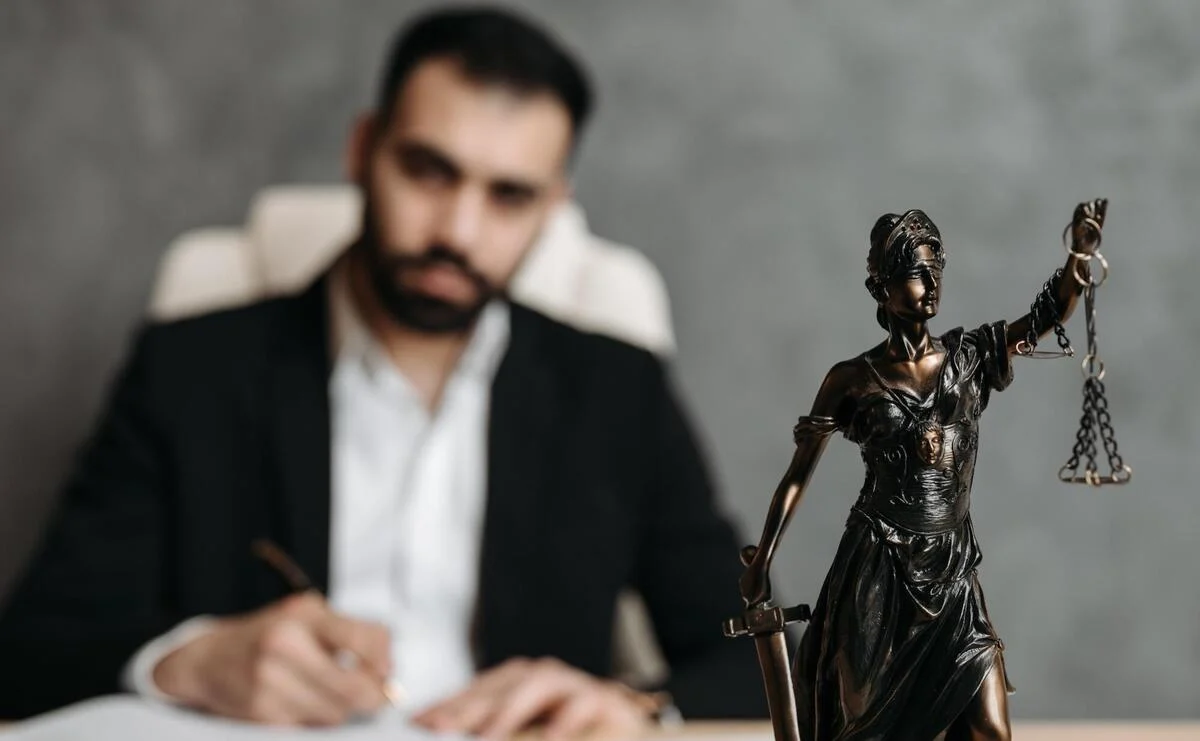
By Ravi Raj
27 Dec 2025
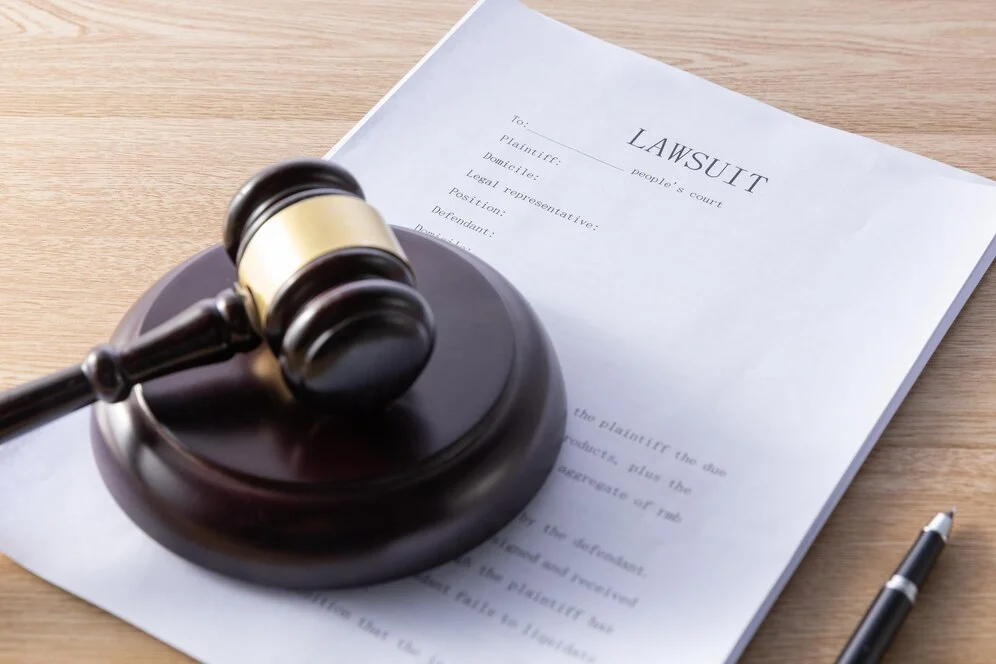
By Ravi Raj
22 Dec 2025
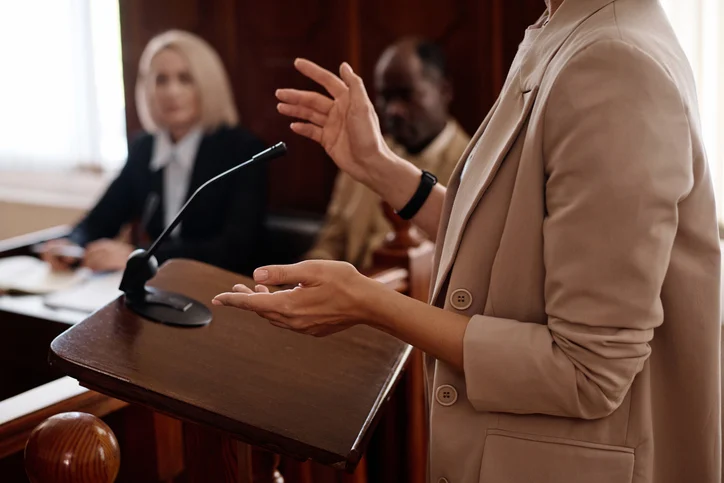
By Kusum Singh
27 Dec 2025

By Kusum Singh
23 Dec 2025

By Ravi Raj
30 Dec 2025
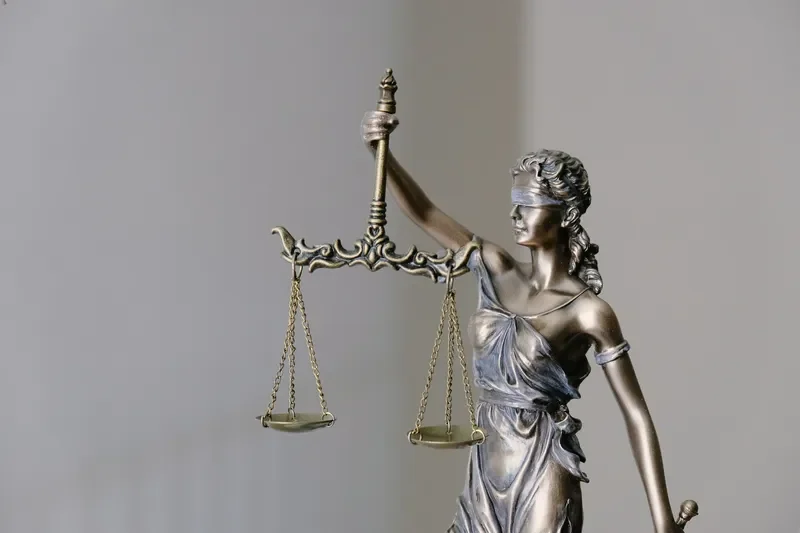
By Ravi Raj
22 Dec 2025
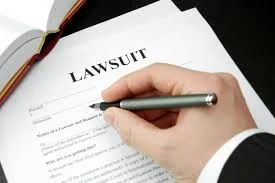
By Ravi Raj
02 Jan 2026

By Ravi Raj
02 Jan 2026
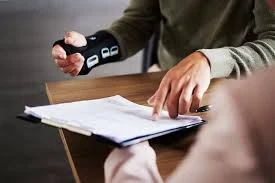
By Ravi Raj
28 Dec 2025